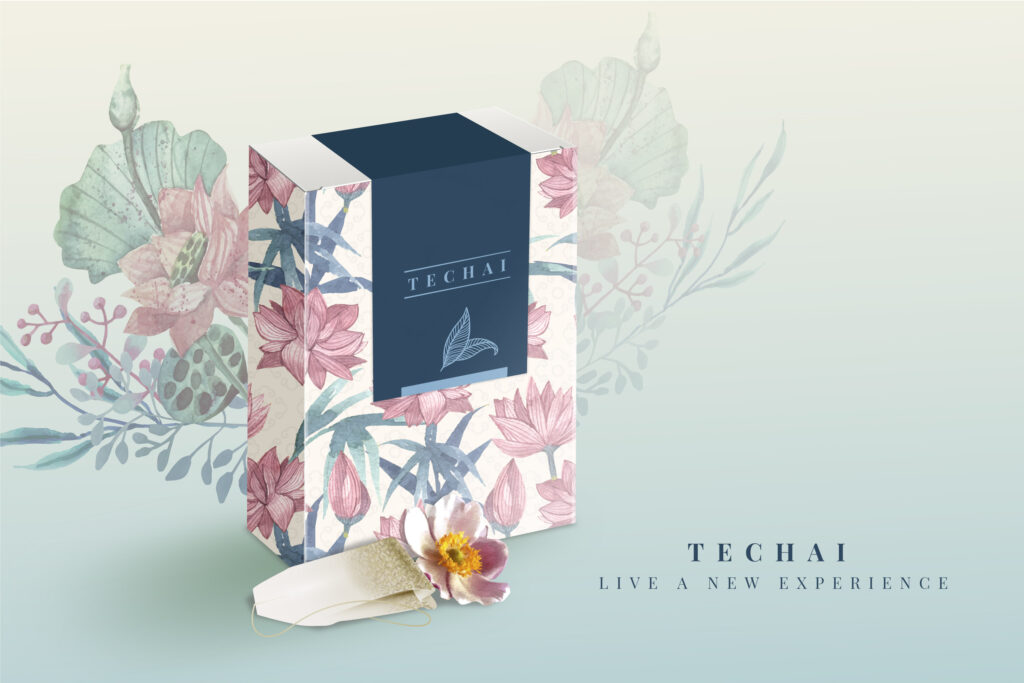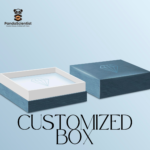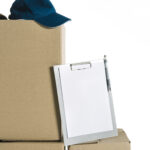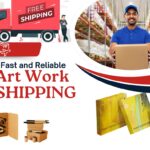Template-Free Custom Boxes for Action Figures : A Step-by-Step Guide
Template-Free Custom Boxes If you are a collector, seller, and even the manufacturer of action figures, custom packaging is quite important for all of you. A good box does not only serve as a protector for the item but also enhances the value of the collectible itself. Most people will just pack collectibles in a predefined packaging template. However, there is nothing better than making your own custom box for action figures without any template to add a personal touch and make it appear more professional. This informative tutorial will help you design and make quality, durable yet fascinating custom boxes without templates.
Why Go Template-Free for Custom Action Figure Boxes?
1. Complete Creative Freedom
While templates certainly manage customization, the template-less approach fully employs the design, dimensions, and structure end.
2. Perfect Fit for Any Action Figure
A typical pre-formed template does not always suit the size of your figure and has gaps and tight fits instead of a snug fit. Custom boxes can also ensure fit and security.
3. Enhanced Brand Identity
You can digitally create your environment for the social networkers and share it on their blogs, in my case, to light up your Internet activity.
4. Eco-Friendly and Cost-Effective
A company or project being environmentally competent may come from the choice of sustainable materials and not from any waste of materials that can largely vary from project to project.
Materials Needed for Custom Action Figure Boxes

Alright, before getting into the step-by-step tutorial, let’s get everything-important materials assembled:
- Corrugated paper or cardboard (for really safe packaging)
- Ruler and measuring tape (for getting accurate dimensions):
- Cutting items (precision knife, scissors)
- Whatever adhesives (glue, double-sided tape)
- Software for design (like Adobe Illustrator, Canva, or whatever graphic design tool):
- Printing materials (ink and printer for graphics of high quality)
- Lamination or protective coating (for durability and a professional look).
Step-by-Step Guide to Creating Template-Free Custom Boxes
Step 1: Measure Your Action Figure Dimensions
This means that the first thing you need to do is take measurements for length, height, and width, including all the accessories. For these measurements, you should use a ruler or a caliper to get the precise dimensions. Add a few millimeters to them so that there is a bit more space for ease of use, particularly for putting them inside the area encasing the action figure. Allow for any protruding ends or parts that might need extra space as well. This careful measurement ensures the figure fits securely without risk of damage.
Step 2: Choose the Right Material
The use of strong materials such as corrugated cardboard or kraft paperboard is for durability and protection. Indeed, they are very strong but also weigh very little, making them perfect for most packaging. Corrugated cardboard will absorb the shock of impacts, protecting the contents from damage during handling or transport. Kraft paperboard has a smooth surface for printing or labeling. The ideal material will keep not just damaging influences away but also add a professional finish.
Step 3: Design the Box Layout Manually
Do not follow any template given for the box design; draw it yourself to suit your needs. Divide it into the panels, namely, front, back, two sides, top, and bottom—land them correctly sized. Mark the fold lines very well to ensure that even during bending and assembling, no misalignment occurs. You may include flaps so that it can be closed tightly and reinforce it in such a way as to enhance durability. Size all dimensions to the action figure and its accessories; make it tight around them. Manual processes grant better flexibility and customization in bringing creative thoroughness to finishing products.
- Front Panel : Displays the silhouette with an optional window display
- Back Panel : May include details about a product, character biographies, or branding
- Side Panels : Preferred for branding, logos, or additional information about the product
- Top and Bottom Panels : Seal and provide structural stability
Step 4: Create a Prototype
Prior to arriving at the final decision, try to draft prototypes leveraging some light paper or perhaps through a digital rendering tool in order to detect design faults and instill further changes.
Step 5: Cut and Fold the Box
Using a ruler along with a precision knife, cut the cardboard carefully following the sketched outlines. Score the fold lines using a blunt knife or scoring tool to ensure clean folds.
Step 6: Assemble the Box
If you’re going to have a display window, add a clear plastic sheet on the front panel before sealing the box. Finally, close the edges with powerful adhesives or double-sided tape.
Step 7: Design and Print High-Quality Graphics
Employ any graphics software, for example, Adobe Photoshop, Canva, or CorelDRAW, to prepare trendy designs for the box. Print it on the finest paper and stick it onto your box with some glue.
Step 8: Laminate for Durability
To shield the design from scratches and wear, use glossy or matte lamination or UV-coating as a finish.
Step 9: Test and Finalize
Test the final box with your action figure before mass producing to assure a perfect fit and structural integrity.
Branding and Marketing Tips for Custom Action Figure Boxes
1. Use High-Quality Graphics
Bold colors, brand logos, and character-themed elements really push up the perceived value of the action figure.
2. Add a Unique Selling Proposition (USP)
The “Collectibles Edition,” “Limited Edition,” or “Packaging Exclusive” variants may be good options to consider for building excitement among the buyers.
3. Include a QR Code for Engagement
Brand love and customer engagement can be improved by placing QR codes that link to a website, Facebook page, Twitter handle, or exclusive content.
4. Prioritize Sustainability
Eco-conscious packaging resonates with modern consumers. Use biodegradable or recyclable materials and mention this on the box to appeal to environmentally aware buyers.
5. Focus on Protective Packaging
Today, such types of packaging would definitely appeal to eco-conscious customers. Use biodegradable or recyclable materials and mention them on the carton to attract these concerned consumers.
Common Mistakes to Avoid When Designing Custom Boxes
- Ignoring the Measurement Precision: Inaccurate dimensions result in ill-fitted boxes.
- Low-quality Printing: Outdated or faint prints bring down the product’s sense.
- Overdesigning- Crowded can be unappealing; balance should be attained between the way and information.
- Neglecting Durability: Thin and weak materials may not care at all for the action figure.
- Draft Phase Skipped-A test of a sample before fixing might just prevent very costly production mistakes.
Conclusion
Making your own custom boxes for action figures without preformed templates is a great way of personalizing the packing while still ensuring high quality and durability. This step-by-step guide is meant to help you create those uniquely gorgeous and safe boxes for your collection of action figures. Whether a toy collector, small business, or toy maker, building customized packaging can be a valuable asset in enhancing your brand and customer experience. So, are you ready to create your awesome custom box? Get started today to start realizing that vision!






